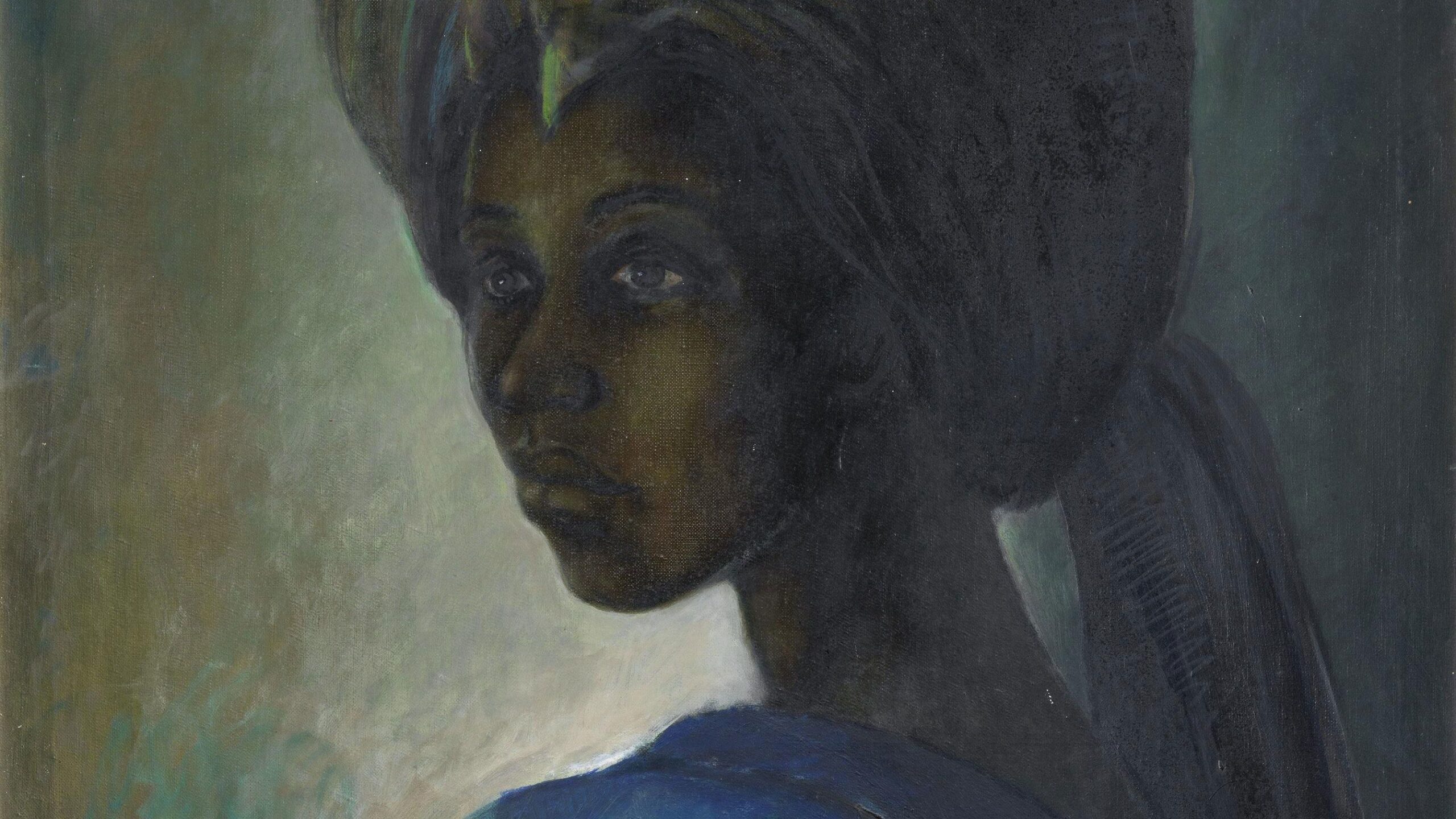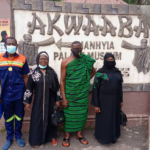By Oveimeh-Brown Alfredo
In recent years, Nigeria has captured the world’s attention with its cultural renaissance that is reshaping Western perspectives about Africa, challenging stereotypes about its culture and placing the country in the league of contemporary culture. Beyond the significant strides of Nollywood and Afrobeats, Nigerian visual artists are also leading this crossover movement, creating compelling art that fills such venues as the Venice Biennale and Documenta.
Together with providing visibility for the artists, these cross-cultural exchanges have inspired many other local talents in other African countries to follow suit. Although the rise of contemporary Nigerian art dates back to the post-independence era, the 21st century has no doubt revitalised the movement. The country’s diverse cultures, alongside its complex socio-political landscape, have helped inspire this growing artistic exploration.
Among the crop of avant-garde Nigerian artists is Njideka Akunyili Crosby. Born in Enugu, southeastern Nigeria, Akunyili Crosby moved to the United States at the age of 16 and later attended Swarthmore College, where she earned a degree in biology and studio art. She furthered her art education at the Pennsylvania Academy of the Fine Arts, obtaining a post-baccalaureate certificate and, later, a Master of Fine Arts degree from Yale University School of Art in 2011.
Her works transcend cultures, drawing on her Nigerian roots and her experiences as a young woman living in America. Inviting conversations about race and identity, her work often features family photographs juxtaposed with traditional motifs using mediums such as collage and acrylic paint, among others. Akunyili Crosby has earned significant recognition for her compelling artworks, which have fetched enormous prices during auctions. In 2017, she was awarded the prestigious MacArthur Fellowship. Her works have continued to be exhibited at prestigious galleries across Europe and America.
Other Nigerian artists that have shaped this renaissance include Yinka Shonibare, noted for his use of brightly coloured Ankara fabric; and Ben Enwonwu, regarded as the father of modern Nigerian art. While Shonibare’s work often explores issues of race and cultural identity, Enwonwu’s portraits plumbed the depths of Igbo mythology and indigenous eastern culture. Tutu, Enwonwu’s portrait of an Ife princess, became the most expensive Nigerian artwork after it sold for over $1.6 million in 2018.
More than just an artistic revival, the rising prominence of Nigerian art in the global community represents a profound shift in the global perception of the country and its native continent. Through an innovative blend of traditional tropes and contemporary elements, these artists have helped bridge the gaps between cultures, challenging preconceived notions about blackness and making Africa the cynosure of all eyes.
In recent years, Nigeria has experienced a cultural renaissance that has significantly reshaped Western perspectives on Africa and challenged long-held stereotypes. Beyond the success of Nollywood and Afrobeats, Nigerian visual artists have gained prominence in prestigious international venues like the Venice Biennale and Documenta, inspiring a surge of artistic exploration across the African continent. This movement, which has been revitalized in the 21st century, draws upon Nigeria's diverse cultural heritage and complex socio-political landscape.
Among the standout artists is Njideka Akunyili Crosby, whose works blend her Nigerian roots with her experiences in America, often addressing themes of race and identity through mediums like collage and acrylic paint. Her highly acclaimed work has led to significant accolades, including a MacArthur Fellowship in 2017. Other influential Nigerian artists include Yinka Shonibare, known for using Ankara fabric to explore race and cultural identity, and Ben Enwonwu, acclaimed for his portraits steeped in Igbo mythology, with his work "Tutu" selling for over $1.6 million in 2018.
The global prominence of Nigerian art signifies a major shift in how the country and Africa as a whole are perceived. By integrating traditional and contemporary elements, these artists have not only bridged cultural divides but also altered preconceived notions about blackness, positioning Africa as a focal point of contemporary culture.






